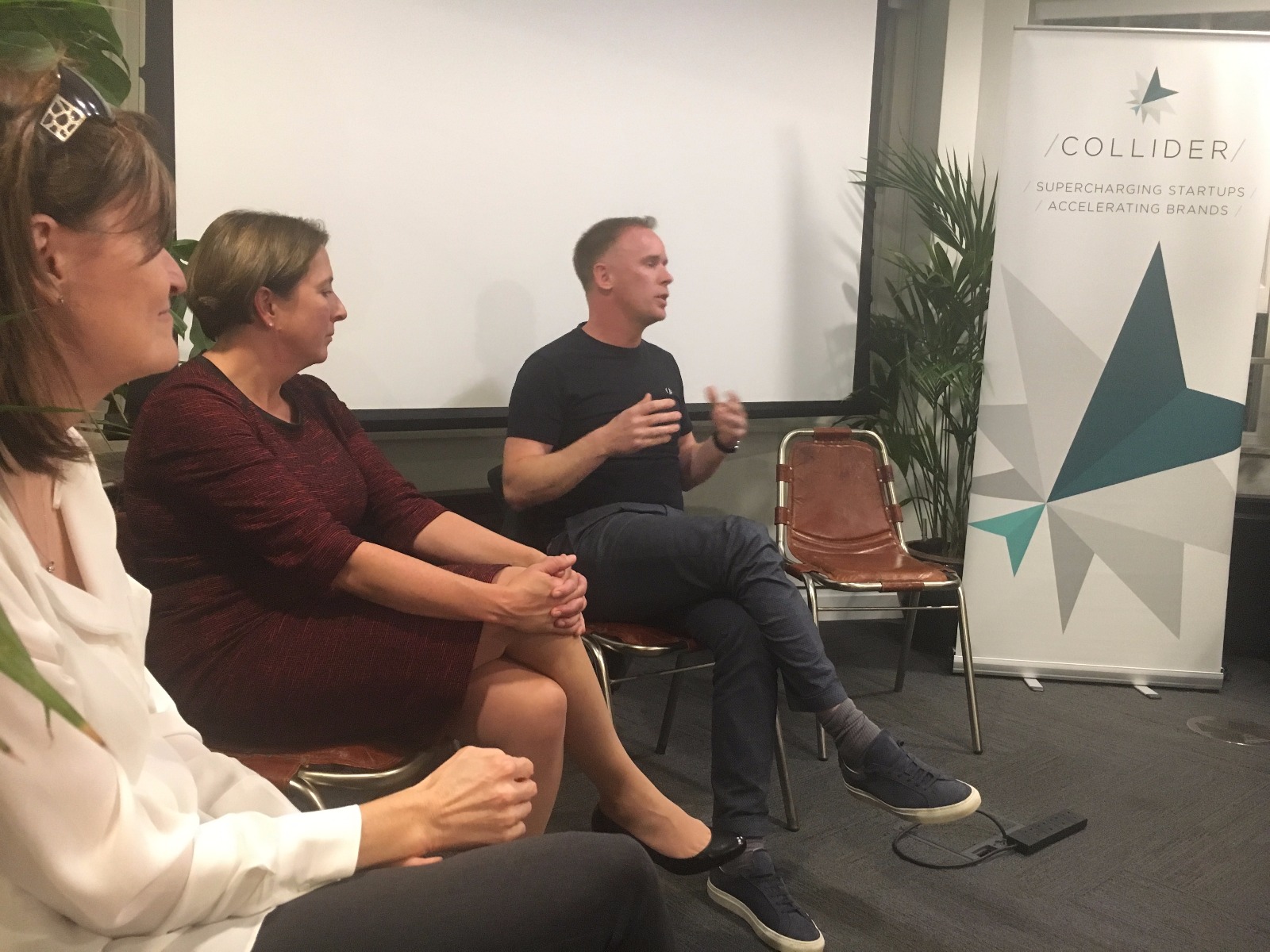[spb_text_block pb_margin_bottom="no" pb_border_bottom="no" width="1/1" el_position="first last"]

[/spb_text_block] [spb_text_block pb_margin_bottom="no" pb_border_bottom="no" width="1/2" el_position="first"]
• What were some of the struggles and opportunities you faced when moving to SF?
The biggest struggle is to find a way to network and get out the word for the company to a totally new audience in a new environment with brutal competition and noise. There’s not a standard recipe to succeed on this, however the 3 tips from me would be to try and keep your confidence levels high at all costs, to listen carefully even if you don’t necessarily agree and to be as specific as possible when asking for favours.
If you re a first timer and you'll learn by doing, then by definition you'll make a lot of mistakes that will seem silly to you after a while. The large abundance of potential clients, partners and investors in Silicon Valley will help you accelerate this learning process to nail your pitch and understand better the mechanics of the game. Remember to listen carefully to what everybody has to say.
• This is a big seed round of funding. How will you manage the money and how far are you expecting it to take you?
In Europe this might be one of the biggest seed rounds so far, however in Silicon Valley it is rather the norm. A general rule of thumb is that you get the money for 12-18 months runway. In our case, we'll mostly invest in expanding the team with exceptional people both in SF and Europe, while at the same time market the ad exchange to both app developers and demand sources.
[/spb_text_block] [spb_text_block pb_margin_bottom="no" pb_border_bottom="no" width="1/2" el_position="last"]
• How did you choose your investors for this round and how long did it take? Was it what you anticipated?
It was much worse than we thought - both in terms of time and resources but also in terms of energy consumption and expectations. The VC game in SV is extremely different compared to Europe and the time to adapt to the new rules might be underestimated. A VC once told me that bad fundraising looks like a 100 no’s and a successful one like 99 no’s. As you see, continuous rejections are part of the process, which at some point makes you question your own credibility and value, resulting to low confidence. Remember that if you lose your confidence then you lose the game.
• You have some of your team based in Greece and others in SF with visits back and forth to London. What are some of the highlights and pitfalls of running an international company?
You get to see lots of different people and replicate processes to create a quick buzz in new territories, given that you know what you re doing. The challenge is that you have to be disciplined and systematic on how to maintain excellent communication bridges between the distributed teams. A catalyst here is to create strong, well-defined processes and find ways to enforce them so that the team embraces them and doesn't reject them.
[/spb_text_block] [blank_spacer height="30px" width="1/1" el_position="first last"] [spb_text_block pb_margin_bottom="no" pb_border_bottom="no" width="1/1" el_position="first last"]
• What advice would you give to entrepreneurs in the MadTech space who are looking to raise a similar round to you?
The mobile adtech space is a huge space that is kind of doomed and blessed at the same time. Doomed because there s a lot of noise and few successes; blessed because unlike the web adtech landscape, there are no dominant players in the mobile space yet, so there s a huge opportunity to be amongst the first ones.
If you re looking to get money, then start meeting with VCs at least a month earlier to start getting to know them under no time pressure. If you have a rockstar team and a strong vision then you have pretty good chances to secure a seed round. If you manage to report steep hockey sticks in your KPI graphs then you have great chances for a big seed. Don’t give up and stay confident. 99 no’s is the norm..
[/spb_text_block]






